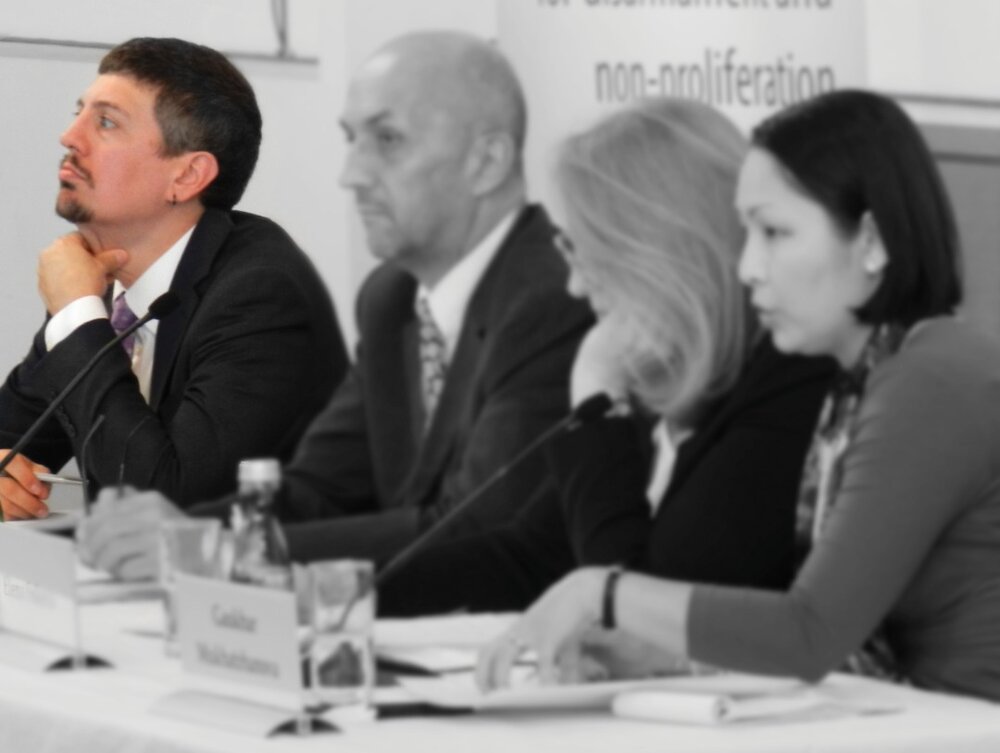Why is informal meeting so important for the West?

TEHRAN – Iran and the West have reached a temporary understanding on deescalating tensions, a compromise that if not followed by a goodwill gesture from the United States, would end in failure, bringing the nuclear standoff back to square one.
After a few days of intensive diplomatic efforts, Iran and the European signatories to the 2015 nuclear deal – France, Germany, and the UK (E3) –arrived at an understanding to resolve the outstanding issue surrounding Iran’s cooperation with the International Atomic Energy Agency (IAEA), the second compromise in less than a month.
According to the Thursday understanding, the Europeans agreed to “pause” on their push to adopt a resolution censuring Iran at the IAEA’s board of governors “for now.”
“We have decided to pause on this initiative for now, despite clear support within the IAEA Board of Governors, to allow time for the Director-General to conduct the renewed effort he announced to this Board earlier this week to break the deadlock and to clarify and resolve these issues without further delay. We support the DG’s initiative,” the E3 three said in a statement on Thursday.
The Europeans were referring to the deal Iran struck with the IAEA chief Rafael Grossi on February 21 on continuing cooperation with the UN nuclear watchdog while implementing a nuclear law passed by the Iranian parliament that obligates the government to stop the voluntary implementation of the Additional Protocol to the nuclear Non-Proliferation Treaty (NPT) by February 23 if the West failed to lift oil and banking sanctions on Iran.
By signing a deal with Grossi, Iran gave the West yet another opportunity to salvage the 2015 nuclear deal, formally known as the Joint Comprehensive Plan of Action (JCPOA). However, the Europeans chose to ramp up diplomatic pressures on Iran instead of seizing on Iran’s goodwill gesture. They put forward a resolution against Iran at the Agency’s board and only withdrew it at the last minute after Iran once again chose diplomacy over the escalation of tensions.
The Europeans and their newfound allies in Washington had two main requests: First, they asked Iran to attend an informal meeting with all remaining JCPOA parties and Robert Malley, the U.S. special envoy on Iran. Second, they called on Iran to fully cooperate with the Agency and resume implementing its nuclear commitments under the JCPOA.
Iran rejected the first request, saying that the U.S. must lift sanctions before any such an informal meeting can take place. As regards the second request, Iran has said that it will continue necessary cooperation with the IAEA for the next three months. After that, it will further reduce cooperation if the West fails to lift sanctions.
After a few weeks of diplomatic efforts, Iran and the West seem to have reached a new understanding concerning these two requests.
Reuters reported on Thursday that Iran has given encouraging signs in recent days about opening informal talks with world powers and the United States.
A French diplomatic source told Reuters that the Europeans are doing everything in their power to hold a meeting between Iran and the U.S. “We are putting all our efforts so that this (meeting) can take place in the days or coming weeks,” the source said.
It is not clear why the Europeans and the Americans are eagerly pushing for a meeting between Iran and the U.S. but observers believe that the meeting would - at least in the short term -enable the Biden administration to brag about its diplomatic deftness in bringing Iran to the negotiating table without lifting sanctions, something that the Trump administration worked its butts off to achieve but miserably failed to.
If true, this means that the Biden administration should move beyond partisan politics and return to common sense before it’s too late. Iran has now proved its goodwill more than once and that the U.S. needs to reciprocate by taking concrete steps that would address Iran’s concerns regarding the sanctions.
Iran has said that the recent development at the IAEA board will pave the way for diplomacy.
“Today's development can maintain the path of diplomacy opened by Iran and the IAEA, and prepare the grounds for the full implementation of commitments by all parties to the JCPOA,” Saeed Khatibzadeh, spokesman for Iran’s Foreign Ministry, said in a statement on Thursday.
Therefore, now it’s up to the U.S. to move beyond hesitations and get back on track of diplomacy.
